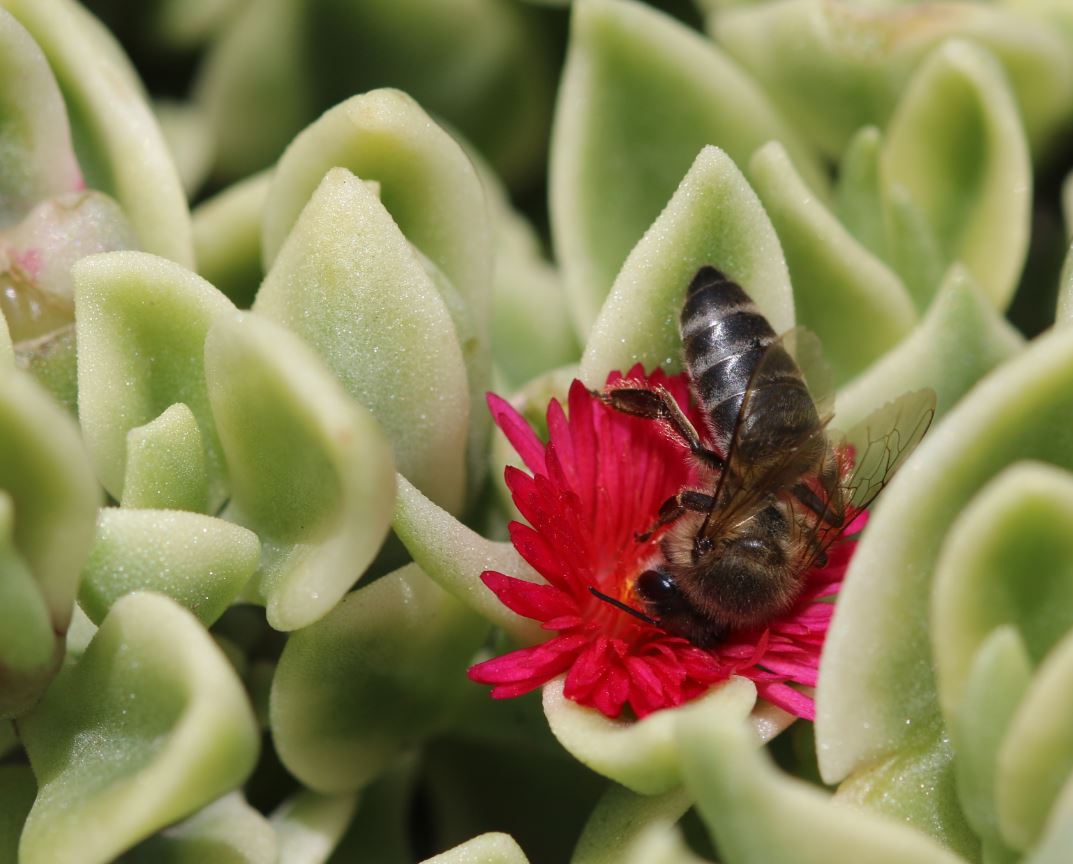Insect pollination and sustainable agriculture in Sub-Saharan Africa
DOI:
https://doi.org/10.26786/1920-7603(2021)615Abstract
We are currently seeing an expansion of pollinator-dependent crops in many parts of the world, but also growing evidence for pollinator population declines and loss of pollinator habitat. Climate change and population growth will place additional demands on crop production, especially in Sub-Saharan Africa (SSA). Despite the wealth of evidence that improved management of insect pollinators can lead to substantial gains in crop yield, agricultural improvement strategies in SSA still emphasize the manipulation of abiotic factors and do not fully exploit the value of pollinators. In this article we review the importance of pollination services in sustainable agriculture, how global perspectives can inform our understanding of the situation in SSA, discuss successful pollination management, highlight where research and development are required, and suggest possible solutions to enhance the contribution of pollination services to sustainable agriculture in the region.

Downloads
Published
How to Cite
Issue
Section
License
Copyright (c) 2021 Kumsa Tolera, Gavin Ballantyne

This work is licensed under a Creative Commons Attribution 4.0 International License.
JPE is an open access journal which means that all content is freely available without charge to the user or his/her institution.
Authors who publish with this journal agree to the following terms:
1) Authors retain copyright and grant the journal right of first publication with the work simultaneously licensed under a Creative Commons Attribution License that allows others to share the work with an acknowledgement of the work's authorship and initial publication in this journal.
2) Authors are able to enter into separate, additional contractual arrangements for the non-exclusive distribution of the journal's published version of the work (e.g., post it to an institutional repository or publish it in a book), with an acknowledgement of its initial publication in this journal.
3) Authors are permitted and encouraged to post their work online (e.g., in institutional repositories or on their website) prior to and during the submission process, as it can lead to productive exchanges, as well as earlier and greater citation of published work (See The Effect of Open Access).
To assure a broader targeted audience, content will be included into databases (such as EBSCO) and directories (such as DOAJ).











